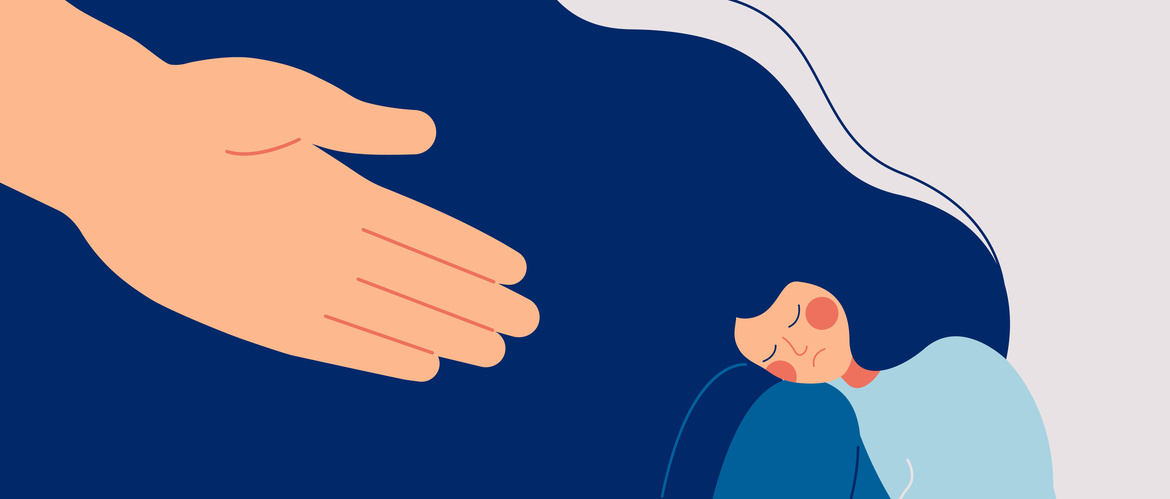Major depressive disorder (MDD), also known as clinical depression, is a mental health disorder that affects mood, behavior, and physical health. It is a common and serious illness that can have a significant impact on a person’s quality of life.
Symptoms of MDD can include persistent feelings of sadness, hopelessness, and a lack of interest in activities that were once enjoyable. Other common symptoms may include changes in appetite and sleep patterns, fatigue, low self-esteem, and difficulty concentrating. In severe cases, people with MDD may experience suicidal thoughts or attempts.
The causes of MDD are not fully understood, but it is believed to be a combination of genetic, environmental, and psychological factors. Some potential risk factors for MDD include a family history of depression, a history of trauma or abuse, chronic illness, and certain medications.
Treatment for MDD typically involves a combination of medication and psychotherapy. Antidepressant medications can help to manage symptoms such as depression and anxiety, while psychotherapy can help people with MDD to develop coping strategies and address underlying psychological issues. Cognitive behavioral therapy (CBT) is a type of psychotherapy that is often used to treat MDD, as it focuses on changing negative thought patterns and developing effective coping strategies.
Living with MDD can be challenging, but with the right treatment and support, people with MDD can learn to manage their symptoms and lead a happy and fulfilling life. It is important for people with MDD to seek out appropriate treatment and to develop a support system of friends, family, and mental health professionals. With hard work and dedication, people with MDD can learn to manage their depression and lead a healthy and productive life.
In addition to medication and psychotherapy, lifestyle changes can also play a role in managing MDD. These may include regular exercise, a healthy diet, stress management techniques, and getting enough restful sleep. Support from family and friends can also be an important component of recovery.
It is important to note that MDD is a treatable illness. If you or someone you know is experiencing symptoms of MDD, it is important to seek help from a qualified mental health professional. With the right treatment and support, people with MDD can learn to manage their symptoms and lead a fulfilling life.

